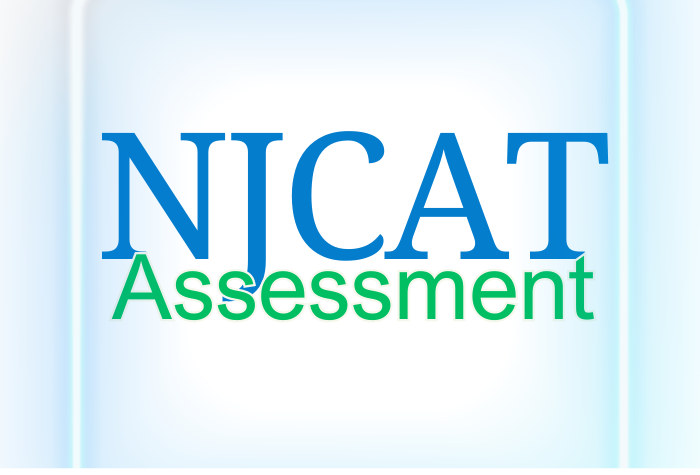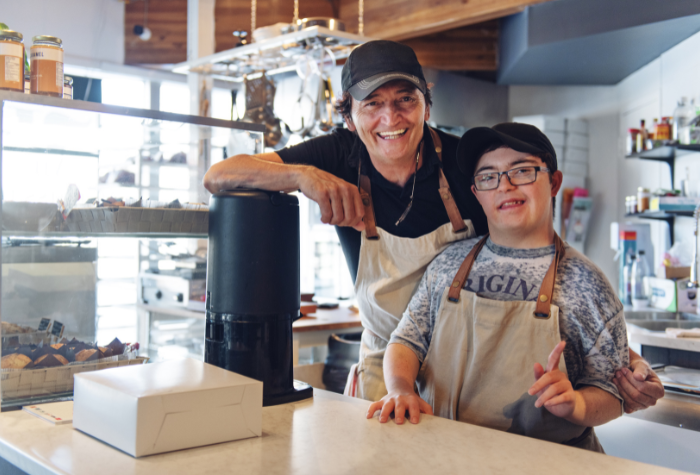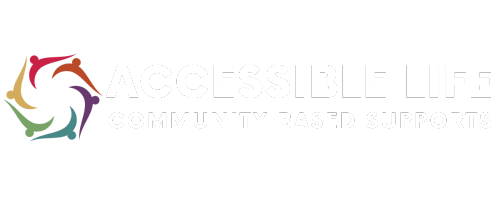The Personal Preference Program (PPP) is a Medicaid-based program in New Jersey that allows individuals who require personal care assistance to self-direct their care. Instead of relying on home health agencies or other third-party providers to manage their care, participants in the PPP have the flexibility and control to hire, train, and manage their own caregivers, including family members or friends.
Here’s an overview of how the PPP works, who is eligible, and what participants need to know about using this self-directed care model in New Jersey.
What Is the Personal Preference Program (PPP)?
The Personal Preference Program is part of New Jersey’s broader Managed Long Term Services and Supports (MLTSS) initiative, which is aimed at helping Medicaid recipients receive long-term care services in their homes and communities rather than in institutional settings. PPP gives individuals the option to direct their own personal care services, enabling them to:
- Hire caregivers: Participants can hire a family member, friend, or neighbor to assist them with activities of daily living (ADLs) such as bathing, dressing, meal preparation, and mobility.
- Manage payroll: Individuals are given a monthly budget to hire and pay caregivers. A fiscal intermediary manages payroll services, ensuring that taxes and other financial obligations are met.
- Tailor care: Participants can choose the timing, frequency, and nature of the services they need, tailoring their care to fit their lifestyle and preferences.
Eligibility for the Personal Preference Program
To participate in the PPP, individuals must meet specific criteria:
- Medicaid Eligibility: The program is only available to individuals who are enrolled in New Jersey’s Medicaid program.
- MLTSS Enrollment: Individuals must be part of the Managed Long Term Services and Supports (MLTSS) program, which provides access to long-term services at home or in the community.
“The best care comes from those who know you best. With self-directed care, you’re in charge of your support, your independence, and your well-being.”
- Need for Personal Care Assistance: Participants must require assistance with at least three Activities of Daily Living (ADLs) such as personal hygiene, mobility, eating, and managing medications.
Individuals who qualify for PPP have already been assessed by their managed care organization (MCO) to determine the level of care they require.
How the PPP Works
-
Assessment and Care Plan: Once eligible, a care manager from the participant’s Medicaid Managed Care Organization (MCO) conducts an assessment to determine the level of assistance needed. This helps set the participant’s monthly budget for care.
-
Budget and Fiscal Management: PPP operates through a Cash and Counseling model. Participants receive a monthly budget that they can use to hire caregivers, purchase approved equipment, or access other necessary services. A Fiscal Intermediary (FI) organization manages the financial aspects of the program, including payroll, taxes, and tracking expenditures. This allows participants to focus on care management without the burden of handling financial administration.
-
Hiring and Managing Caregivers: Participants can hire friends, neighbors, or family members (excluding spouses or legal guardians) as their personal caregivers. The participant becomes the employer, responsible for directing the caregiver’s tasks and schedule. Caregivers assist with ADLs, housekeeping, transportation, and other personal needs.
-
Flexibility and Customization: One of the biggest advantages of the PPP is its flexibility. Participants can choose when and how care is provided, customize care to fit their specific needs, and change caregivers if necessary. The program offers more autonomy and control over personal care than traditional home health services.
-
Ongoing Support: Participants are not left to manage on their own. Care managers and fiscal intermediaries provide support and oversight to ensure that participants are using their budgets effectively and receiving the appropriate care.
Benefits of the Personal Preference Program
- Control and Flexibility: Participants can directly manage their own care, deciding who provides it, how, and when it’s delivered.
- Caregiver Choice: Individuals can hire people they know and trust, such as family members or friends, to provide care in a familiar, comfortable environment.
- Tailored Care: PPP enables participants to tailor care to their specific needs, enhancing their quality of life by creating a personalized care plan that suits their preferences.
- Compensation for Family Caregivers: Loved ones providing care can receive financial compensation for their time and effort, reducing the financial strain that can come with caregiving responsibilities.
Challenges and Considerations
While the PPP offers many benefits, there are some considerations that participants should be aware of:
- Responsibility: Being an employer means that the participant or their representative is responsible for managing the caregiver’s tasks, scheduling, and performance. This level of responsibility can be challenging for some individuals or families.
- Documentation: The participant must work closely with the fiscal intermediary to ensure proper documentation of care provided, including submitting timesheets and adhering to program requirements.
- Limited to Medicaid Recipients: Only individuals enrolled in Medicaid are eligible for PPP, and there are strict eligibility requirements related to financial and functional need.
How to Apply for the Personal Preference Program
If you or your loved one is interested in the Personal Preference Program, here are the steps to get started:
-
Contact Your Managed Care Organization (MCO): Reach out to your Medicaid MCO and express your interest in self-directed care through the PPP. Your care manager will guide you through the application process.
-
Assessment: A care manager will conduct an in-home assessment to determine your care needs and allocate a budget.
-
Select a Fiscal Intermediary: Once approved, you’ll work with a fiscal intermediary who will assist in managing your budget and processing payroll for your caregiver(s).
-
Hire a Caregiver: Choose and hire your caregiver, ensuring they meet program requirements and can provide the necessary assistance.
-
Ongoing Management: Continue managing your care, tracking services, and working with your MCO and fiscal intermediary for support.
Final Thoughts
The Personal Preference Program offers individuals with disabilities and seniors in New Jersey the opportunity to take control of their care, hire caregivers they trust, and maintain independence in the comfort of their own home. With the flexibility to tailor care to their specific needs, participants can enjoy personalized care and a higher quality of life.
If you believe the PPP could be the right fit for you or a loved one, contact your Medicaid Managed Care Organization to explore your options and get started on the path to self-directed care.





